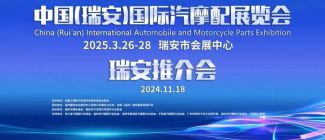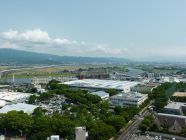At that time, the momentum of Japanese cars launched a fierce attack on the top spot in the Chinese auto market. "Frustration" is Volkswagen's deepest feeling at this time. But for Hyundai, which is still in the second echelon with the US, the chill that has been felt in successive years of market downturn is equally bitter. Especially when the brand image reconstruction, product matrix renewal and other measures have not been effective, the time left for Hyundai to reflect on it has actually tightened a lot.
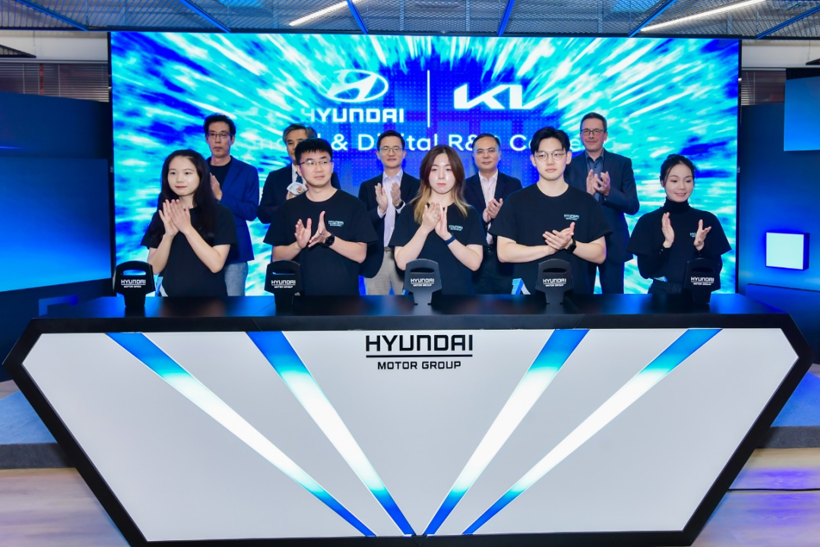
Under such a premise, what else can Hyundai Motor do? This is a topic that the market throws at it, simple but deafening.
As early as April of this year, Hyundai Motor responded with the theme of "Leap More China". In addition to reinterpreting the consumption trends in the Chinese market, the modern era seemed to have nothing to ask for. But at this point, with more than half of 2021, the established sales target is no longer able to meet. I think that the correctness of this plan does not need to be said.
The so-called maturity of the Chinese market is the result of changes in the market over the years, but the hidden mystery is far more complicated than expected. "Technology first" is the core method that Hyundai has tried to bring back a city. Then, when it fails, for today's Hyundai, understanding the development logic of the Chinese auto market has naturally become a top priority.
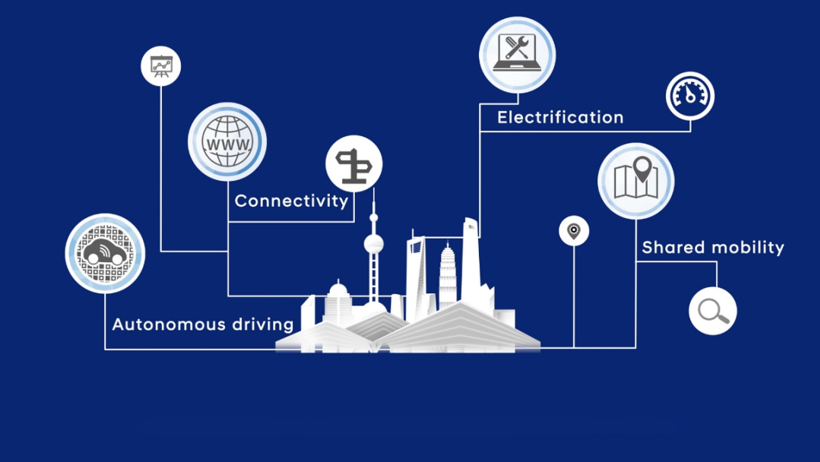
October 18 is the date when Hyundai Motor Group China Foresight Digital R&D Center was completed in Shanghai, but I would like to see it as another node that Hyundai Motor has stepped on on the issue of "more China". Regardless of the future trend, a complete fall to China will be the only way for modernity to realize self-revolution.
As we all know, as early as 2013, Hyundai Motor established and started operating the Hyundai Motor·Kia China R&D Center in Yantai, dedicated to creating products and technologies that are more suitable for the Chinese market. In 2017, the China Big Data Center was established in Guizhou, aiming to provide data support for China Forward Digital R&D Center and Hyundai Motor·Kia China R&D Center (Yantai).
Secondly, as mentioned at the beginning, on April 15 this year, Hyundai Motor did put forward four core strategies to promote future development, namely: further strengthening localized research and development, and launching exclusive high-quality products and services for Chinese consumers. ; In order to welcome the advent of the electrification era, to introduce into the Chinese market exclusive electric vehicle products recognized by the global market; make full use of the group’s world-leading hydrogen fuel cell technology to help China transform into a hydrogen energy society; promote the transformation and upgrading of joint venture brands to become A brand favored by Chinese consumers.
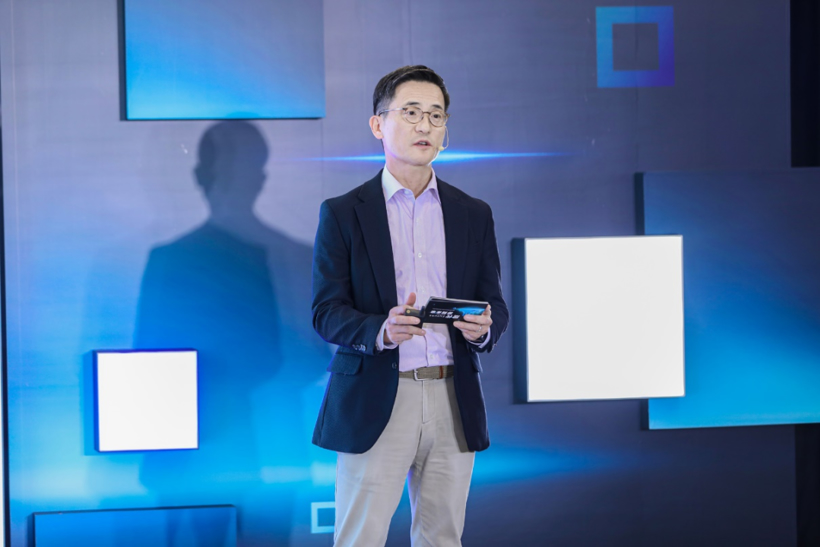
And from its two joint ventures in China, Beijing Hyundai and Dongfeng Yueda Kia, we have also seen some relevant signs. A large area of its models began to use the hands of Chinese Internet companies to develop various vehicle and machine systems, and no longer pretended to be pretentious in the configuration orientation and pricing strategy of localized models...
Therefore, just like Li Guangguo, President of Hyundai Motor Group (China), at the opening ceremony, he was so determined about the direction of development, "This R&D center is the crystallization of our ambition to deepen localized R&D and expand R&D capabilities in China. We hope it can Continue to focus on innovative technology and service research and development in the four fields of mobility, electrification, connected technology and autonomous driving, and further strengthen the group's research and development capabilities in China."
Various signs show that it is not that Hyundai Motors does not attach importance to the Chinese market, but that China’s current development speed is forcing it to find another plan. But at the same time, we can also find that the focus of contradiction related to development is also becoming more prominent in the transformation of the entire industry.
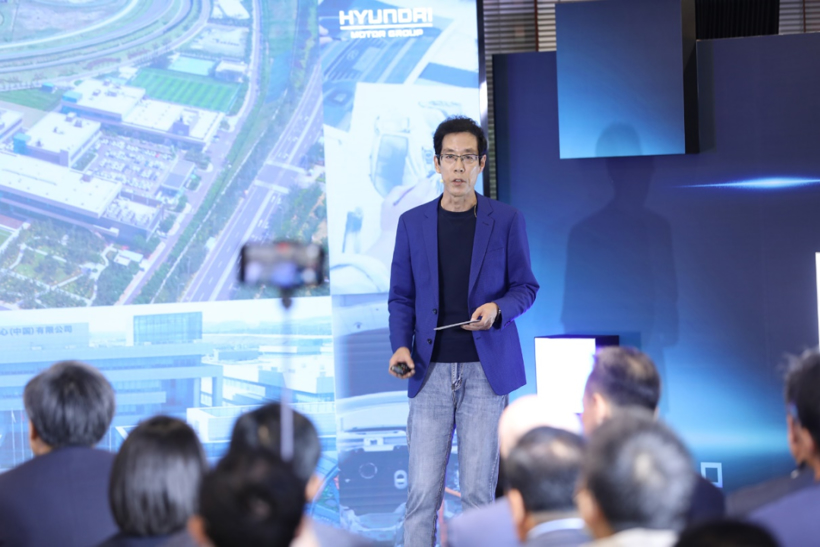
As Che Xizhu, Vice President of Hyundai Motor Group and Chairman of Hyundai Motor R&D Center (China) Co., Ltd. admitted, "Hyundai Motor Group may have some conservative in its electrification strategy in China." The reality just shows us that the entire modern automobile is lagging behind in the process of electrification.
You must know that compared to the overall environment, Volkswagen and Toyota are already in a very awkward position in the promotion of electrification. Therefore, looking back at Hyundai, from the promotion of hybrid technology to the application of pure electricity, in front of the first-line joint venture car companies, it must have no advantage, or even completely unmatched.
Even on the surface, with the "new four modernizations" wave surging, China's auto industry technology is rapidly iterating and upgrading. In the field of smart interconnection, smart mobile travel has become a broad consensus, and Chinese consumers are fully embracing digitalization. Hyundai Motor understands China's role in the transformation of the global automotive industry.
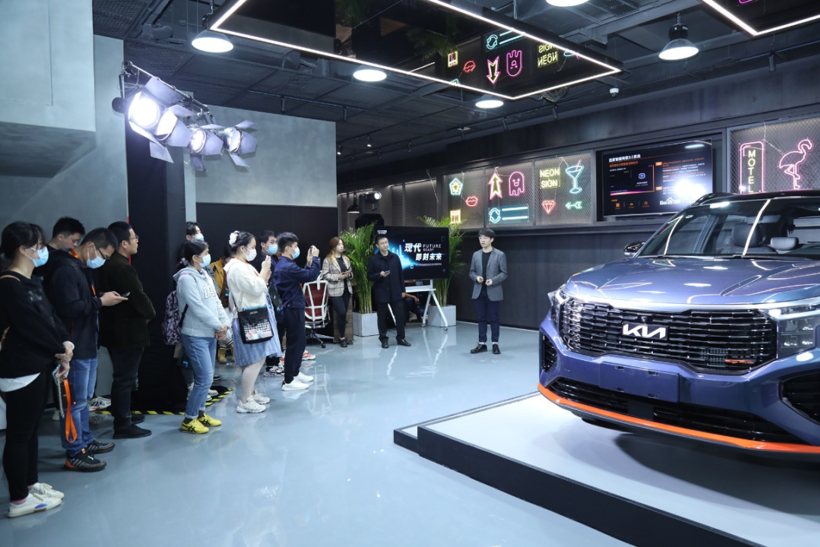
Next, I still have to ask is, can Hyundai Motor really achieve the feat of "latecomers first"? When can you come up with standard answers to questions such as "how to do" and "how to do well"?
Perhaps its responsibilities are different from other R&D centers. The China Foresight Digital R&D Center in Shanghai is mainly dedicated to providing Chinese users with a unique mobile travel experience, and in accordance with the future paradigm changes in the automotive industry, assessing the situation, and strengthening cutting-edge digital technologies and services. Investment in research and development. This means that when the electrification strategy is officially implemented, many technologies developed for the Chinese market will be immediately exported.
In addition, based on the existing layout, in Hyundai Motor’s plan, various design centers located in Shanghai, Yantai and Guizhou will form a set of R&D networks that resemble an “iron triangle” in the Chinese market, which is bound to help the group accelerate Build a local forward-looking R&D system so that it can continue to create innovative mobile travel products and services that meet the preferences of Chinese consumers.
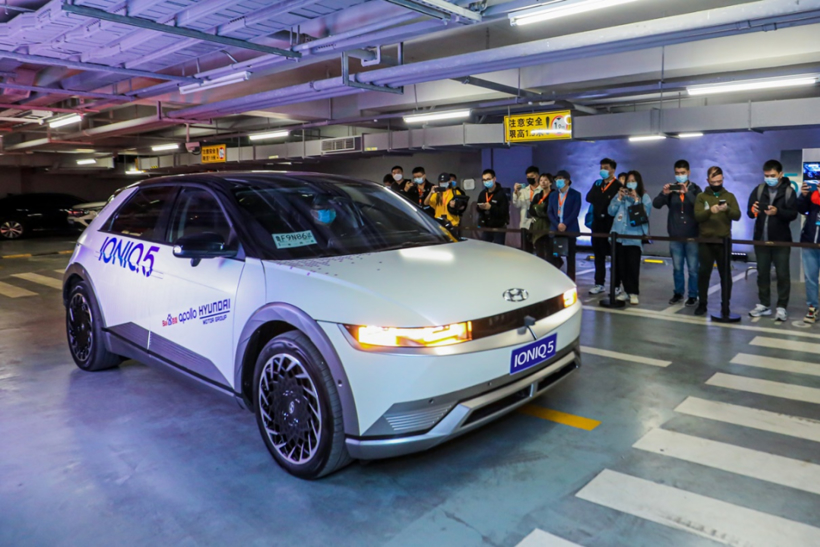
According to the current plan, it is very likely that 2023 will be the year when Hyundai Motor will introduce Hyundai Aini Krypton 5 and Kia EV6 under the E-GMP pure electric platform into the country. By then, not to mention whether Hyundai Motor can catch up with the new front-line car-making forces in China. In the face of mainstream joint venture car companies that have been working here for nearly 5 years, will its original advantages remain competitive or will change It's not so sure.
Notice on Holding the Rui'an Promotion Conference for the 2025 China (Rui'an) International Automobile and Motorcycle Parts Exhibition
On September 5th, we invite you to join us at the Wenzhou Auto Parts Exhibition on a journey to trace the origin of the Auto Parts City, as per the invitation from the purchaser!
Hot Booking | AAPEX 2024- Professional Exhibition Channel for Entering the North American Auto Parts Market
The wind is just right, Qianchuan Hui! Looking forward to working with you at the 2024 Wenzhou Auto Parts Exhibition and composing a new chapter!
Live up to Shaohua | Wenzhou Auto Parts Exhibition, these wonderful moments are worth remembering!
Bridgestone exits Russia and sells assets to S8 Capital
Free support line!
Email Support!
Working Days/Hours!
